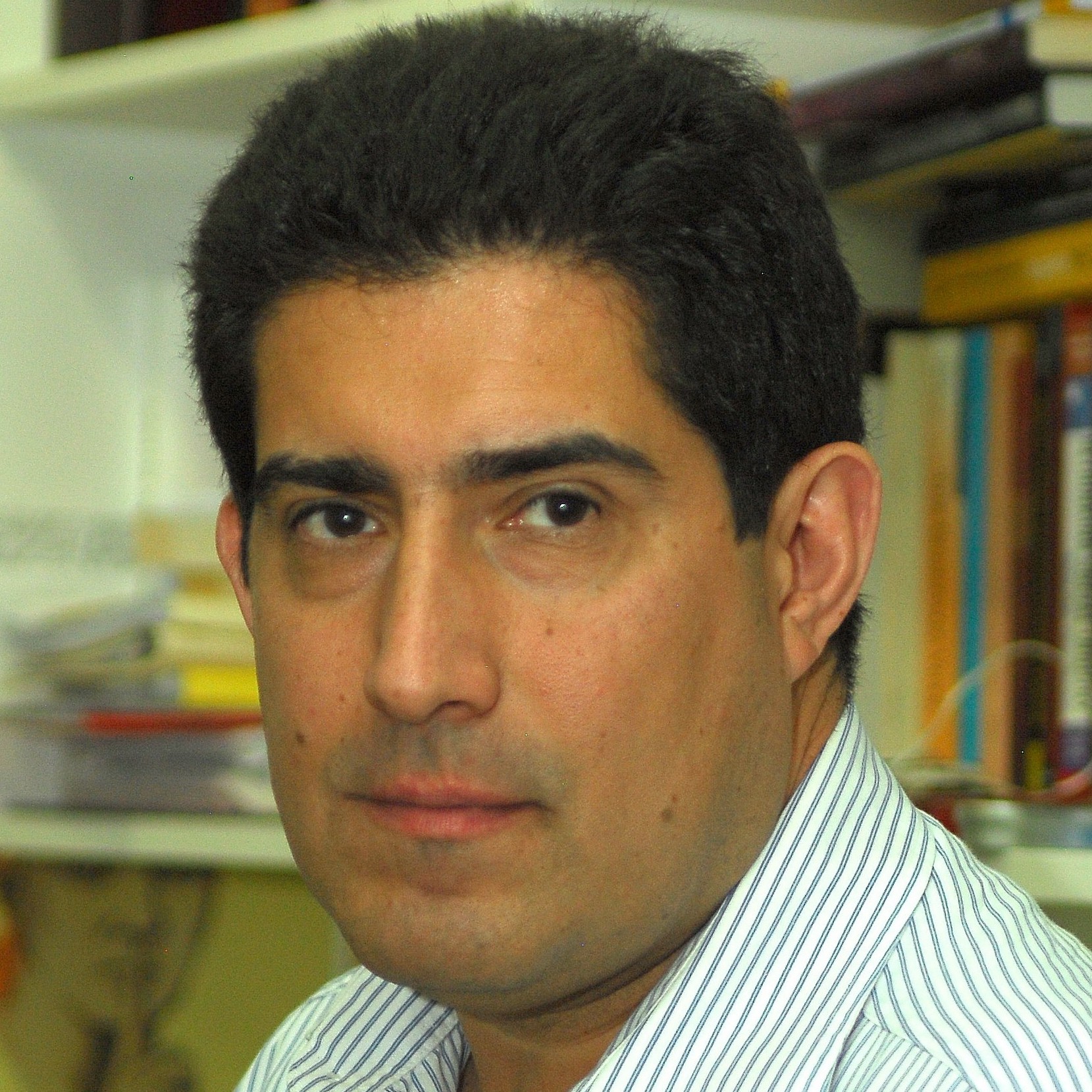Social scientists are often more inclined to explain past events than to predict future economic and political developments. That approach makes their scholarly production more rigorous, their claims and explanations more parsimonious and their theoretical and methodological constructions more solid. Unfortunately, it is also unlikely to interest those concerned with current developments and inclined to look ahead.
In Which Way Latin America? Hemispheric Politics Meets Globalization, Jorge Heine, professor of political science at Wilfrid Laurier University, and Andrew Cooper, professor of political science at the University of Waterloo, step beyond the traditional backward-looking approach of social sciences to analyze the future of globalization in Latin America. In a sophisticated exercise of educated guessing, the editors, both fellows at Canada’s Centre for International Governance Innovation, and their collaborators ponder questions of democratic consolidation, institutional strength, trade and economic integration, and international relations as they affect Latin America.
Their answers are full of caveats and what-ifs, but their take is mostly optimistic and positive. In the eyes of Cooper and Heine, a “tectonic shift is taking place” in which Latin American leaders such as the soon-to-be-former Brazilian President Luiz Inácio Lula da Silva and former Chilean President Michelle Bachelet have been “opening themselves up to new perspectives and new ways to interact” politically with globalization without being swept away by it.
Rather than carving out a structure of challenges facing Latin America and recruiting experts to write chapters keyed to each challenge, Cooper and Heine invited 15 scholars on the United States and Latin America to reflect on how recent developments anticipate the path Latin America will take during the twenty-first century. As a result of their eclectic recruitment strategy, the book reads as a rich—albeit incomplete (and perhaps not even representative)—sample of relevant challenges in the continuing path toward globalization.
The book addresses topics ranging from the alleged leftward turn in several countries to the reform of the Organization of American States (OAS). It also explores national and regional challenges such as Haiti’s failed development and the impact of India and China on the region’s future. These otherwise unrelated issues are tied together by an introduction that provides context. Here, Cooper and Heine reflect on whether the changes caused by globalization constitute a tsunami that will sweep everything away in its path, a tornado that will follow a more selective and narrowly focused track—or just a mild breeze. In other words, is globalization really changing Latin America? And if so, how much?
They conclude that globalization has indeed changed the rules of the game. One important consequence, they argue, is that our traditional understanding of economics and politics can no longer appropriately explain the way Latin America advances. They warn that by continuing to use models that emphasize the prevalent role of the U.S. and focus on the impact of Washington Consensus policies on development, scholars will be unable to assess present developments and will fail to anticipate future ones. The 2009 crisis in Honduras shows the limits of existing tools to deal with democratic challenges.
In a provocative foreword, Abraham F. Lowenthal takes on the 800-pound gorilla in the room: the legacy of imperialism in the U.S. relationship with Latin America. According to Lowenthal, the U.S. role as a regional hegemon will be reduced, but its influence will strengthen over Mexico and possibly over the Caribbean and other countries with strong migration ties to the United States.
This theme is continued in the chapters on relations with China (by Nicola Phillips of the University of Manchester) and with India (by Jorge Heine). Though neither China nor India seem interested—at the moment—in challenging the Monroe Doctrine, their emergence as important trading partners inevitably challenges the historic U.S. dominance of the region.
Cooper’s chapter on renewing the OAS neatly lays out the challenges faced by an organization that needs to find both a voice and a strategy to strengthen democratic institutions. Although electoral democracy is now the default for the region, there is still a long way to go to make elections genuinely free and fair. Dexter Boniface of Rollins College examines the implications of this in a separate chapter where he maintains that a better regional structure of governance and accountability is needed to counter threats to democracy.
Cooper and Heine conclude by arguing that the “region is pulling away from ideological straitjackets as it tries to contend as best it can with globalization.” The results are not always positive. While they see Brazil and Chile as celebrated successes, Venezuela, Bolivia and Ecuador have not moved in the right direction—partly due to past failures in achieving sufficient social inclusion.
Though the book does not provide a complete answer to the question posed by its title, it does offer a broad range of thought-provoking perspectives. As the editors suggest, there should be less attention paid to Washington. Instead, the focus should be on the new players who will be the source for new developments.




